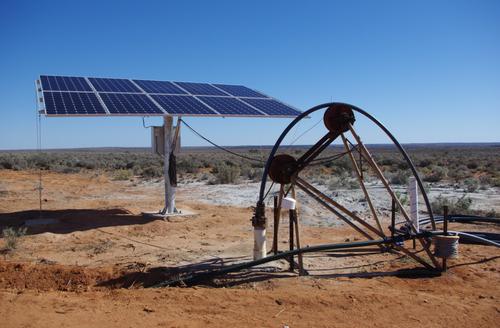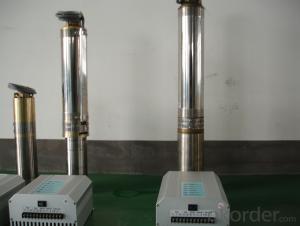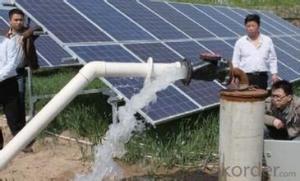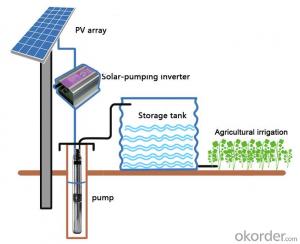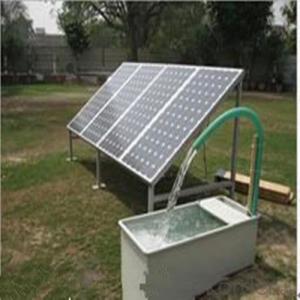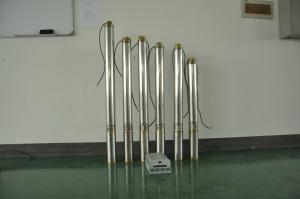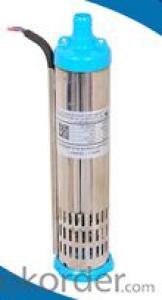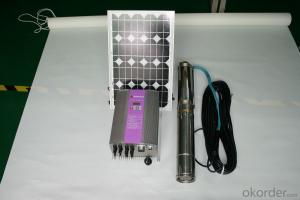5 Hp Solar Borehole Water Pump
- Loading Port:
- Shanghai
- Payment Terms:
- TT OR LC
- Min Order Qty:
- -
- Supply Capability:
- 300 set/month
OKorder Service Pledge
Quality Product, Order Online Tracking, Timely Delivery
OKorder Financial Service
Credit Rating, Credit Services, Credit Purchasing
You Might Also Like
how is the rotor made:
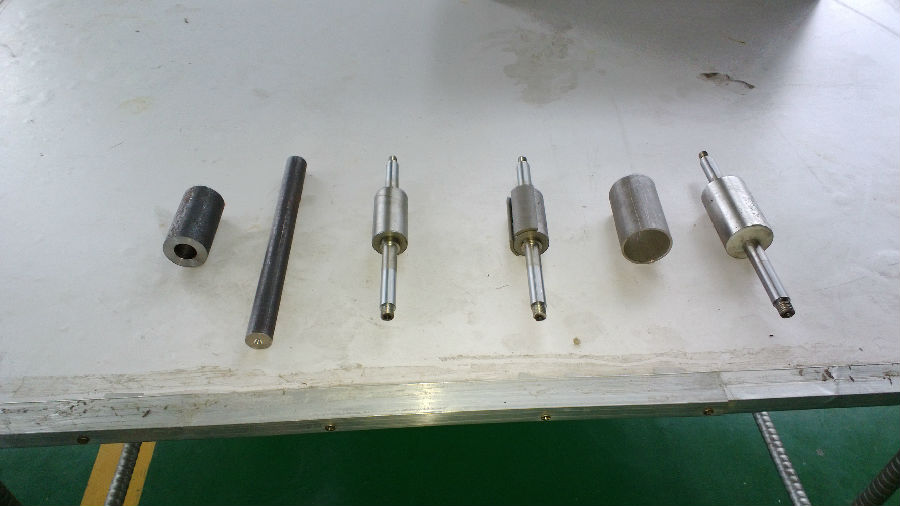
how is the motor made:
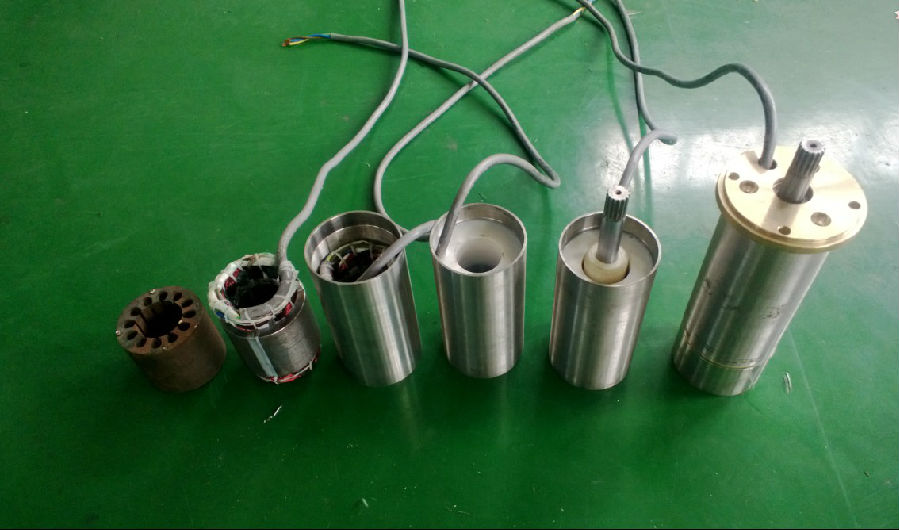
the pump :
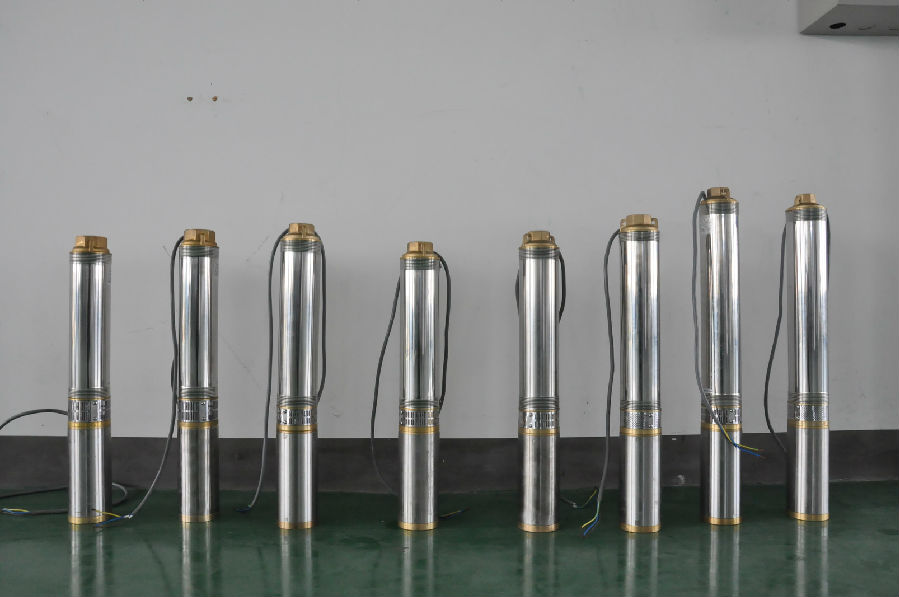
controller terminal connection:
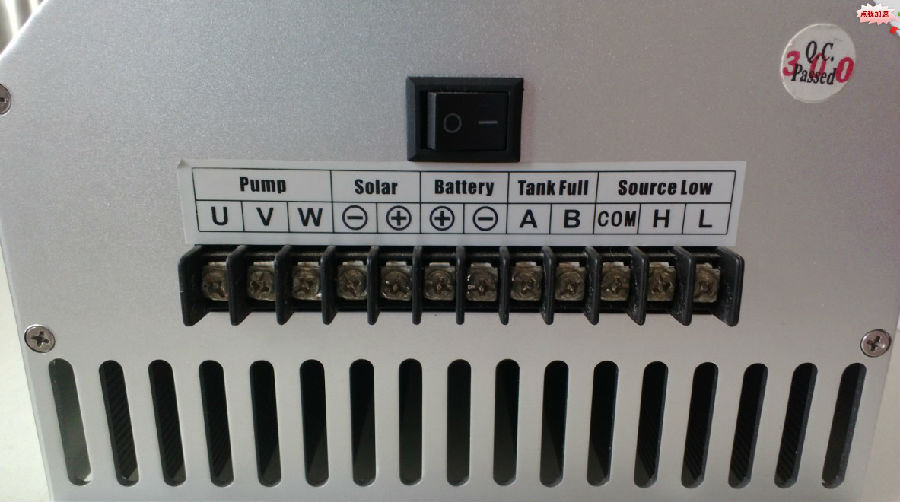
The permanent magnet:
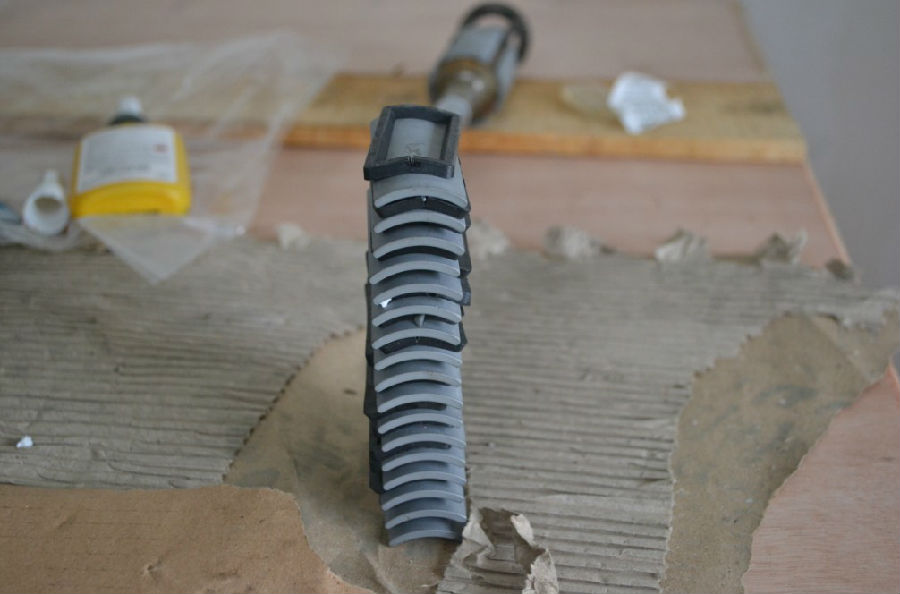
the impeller:
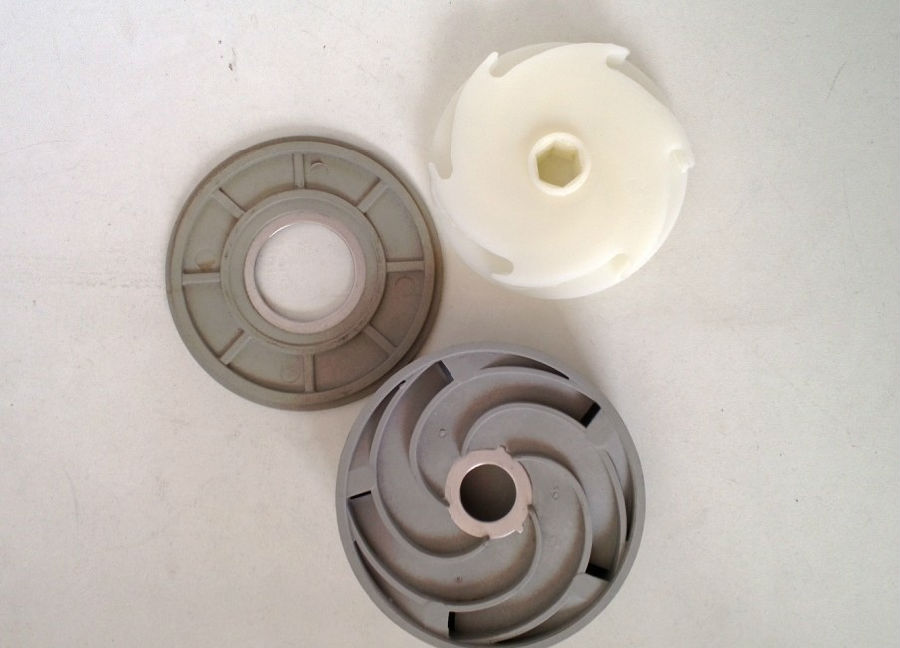
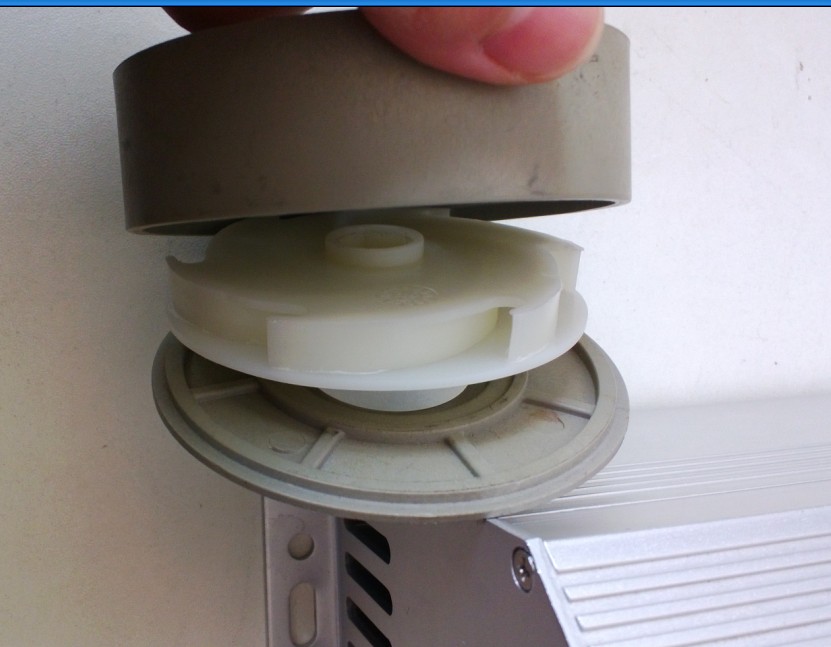
controller box:
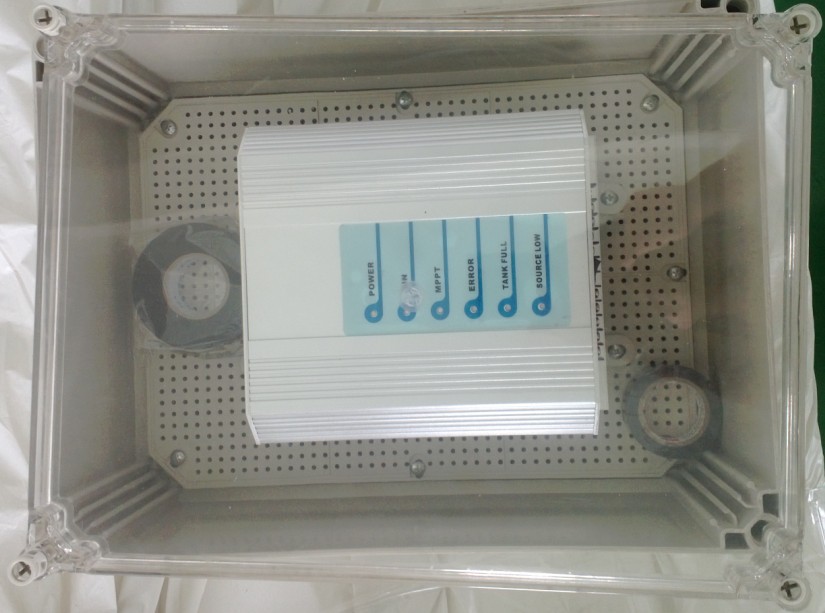
the senors:
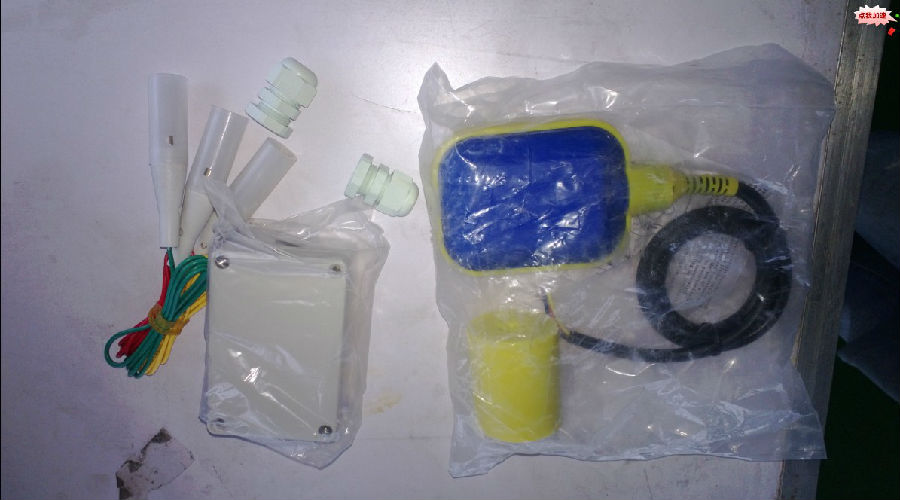
the test:
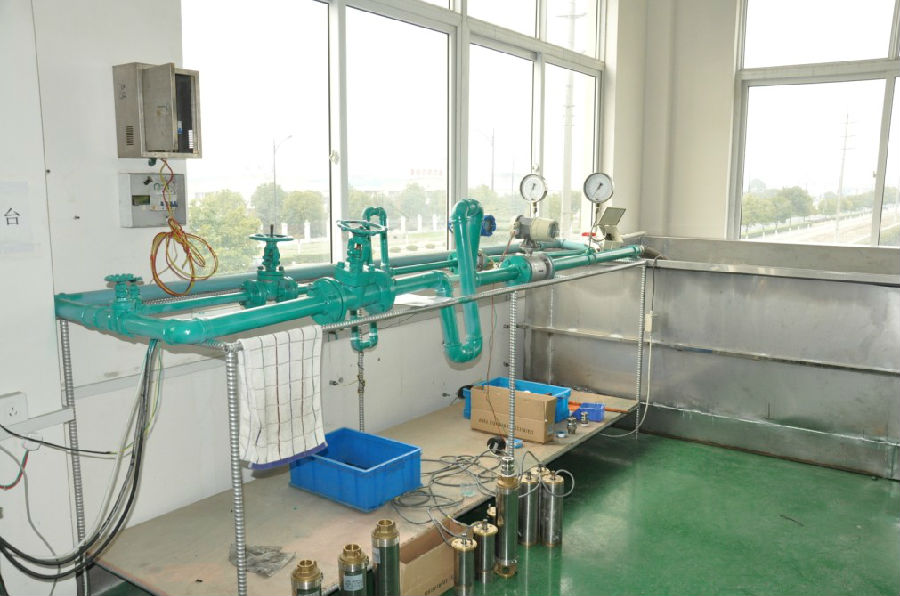
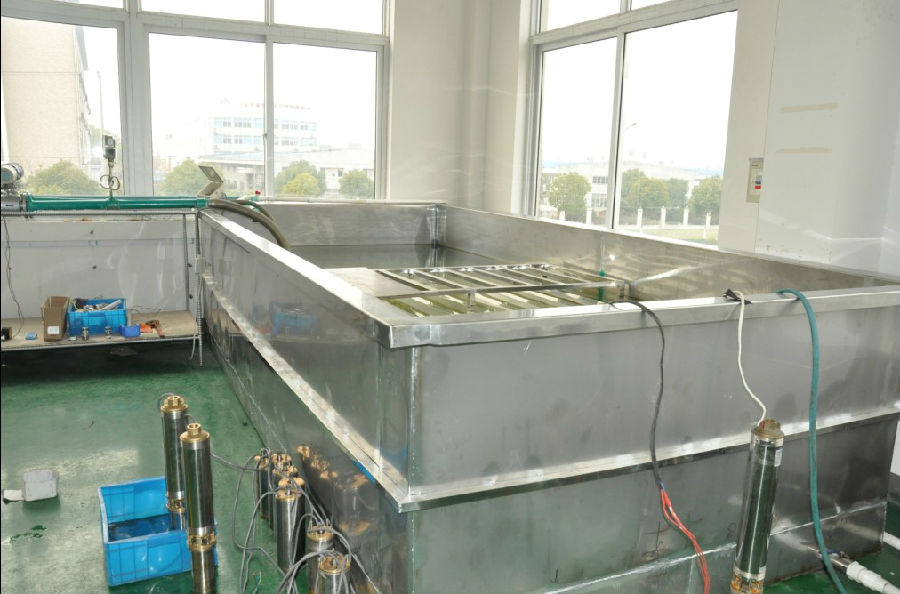
the application:
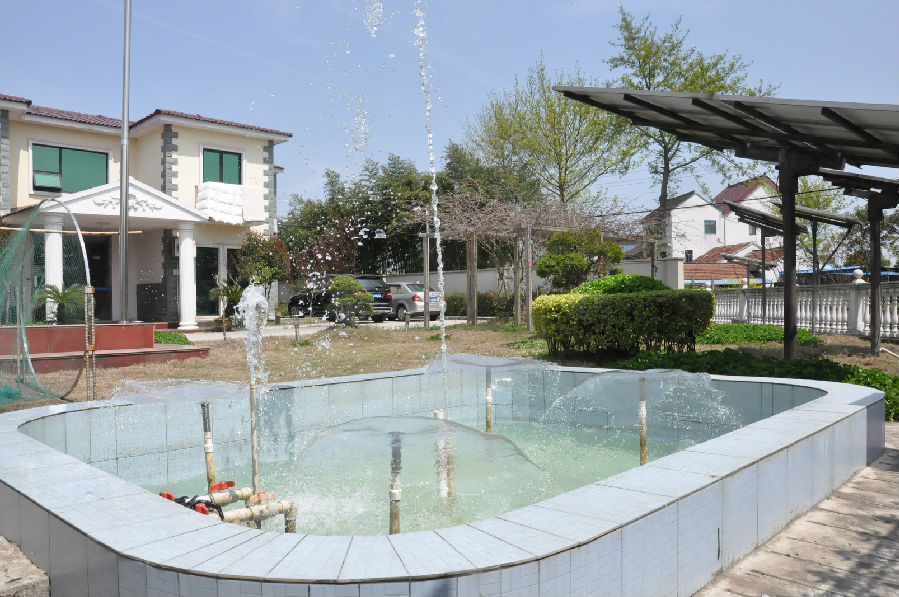
the package:
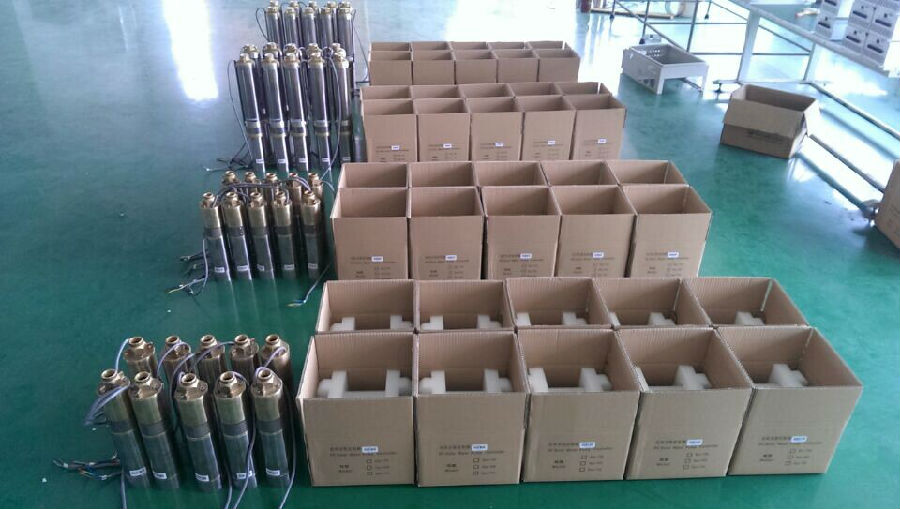
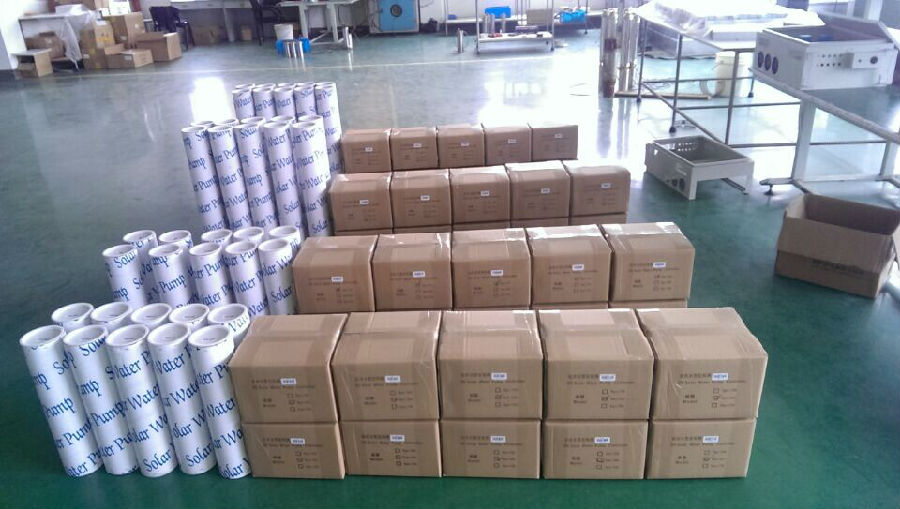
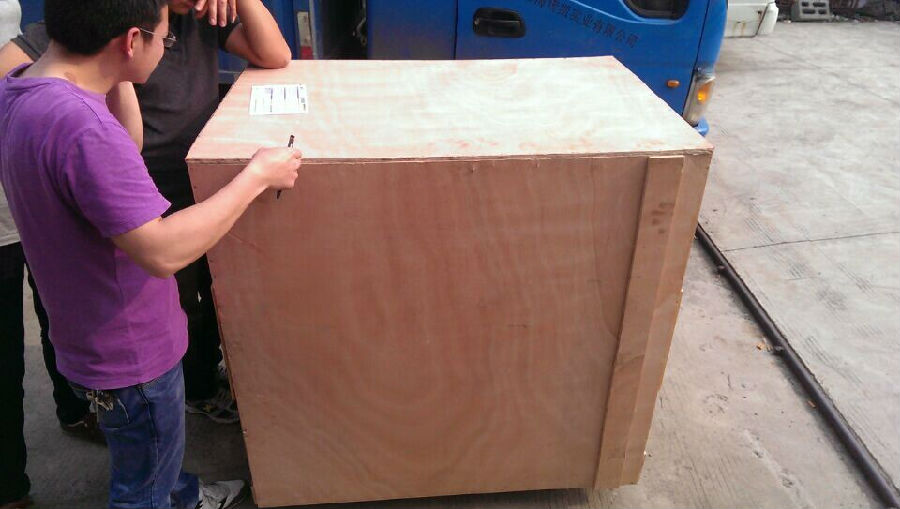
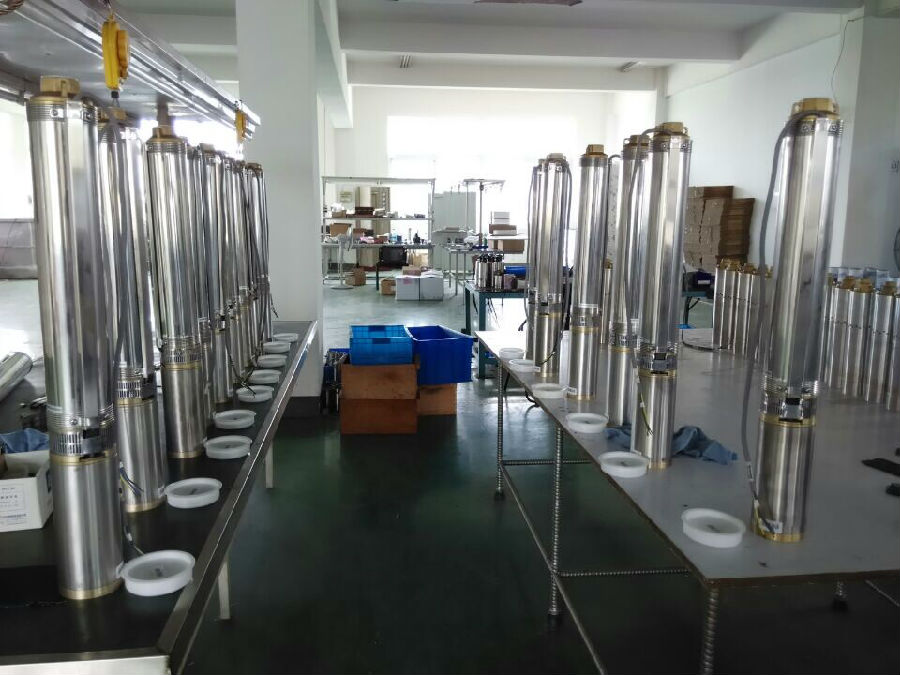
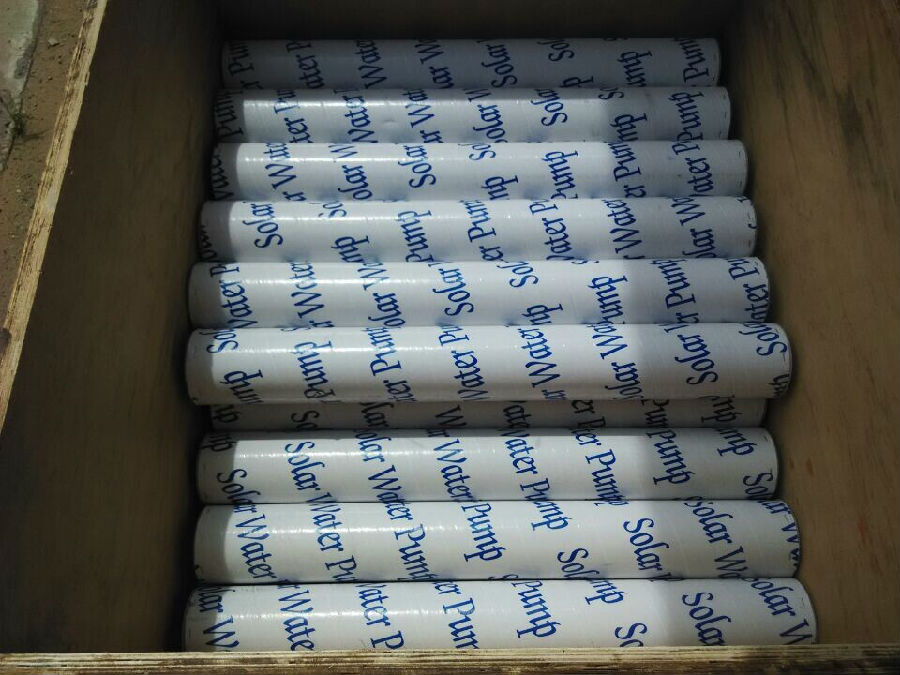
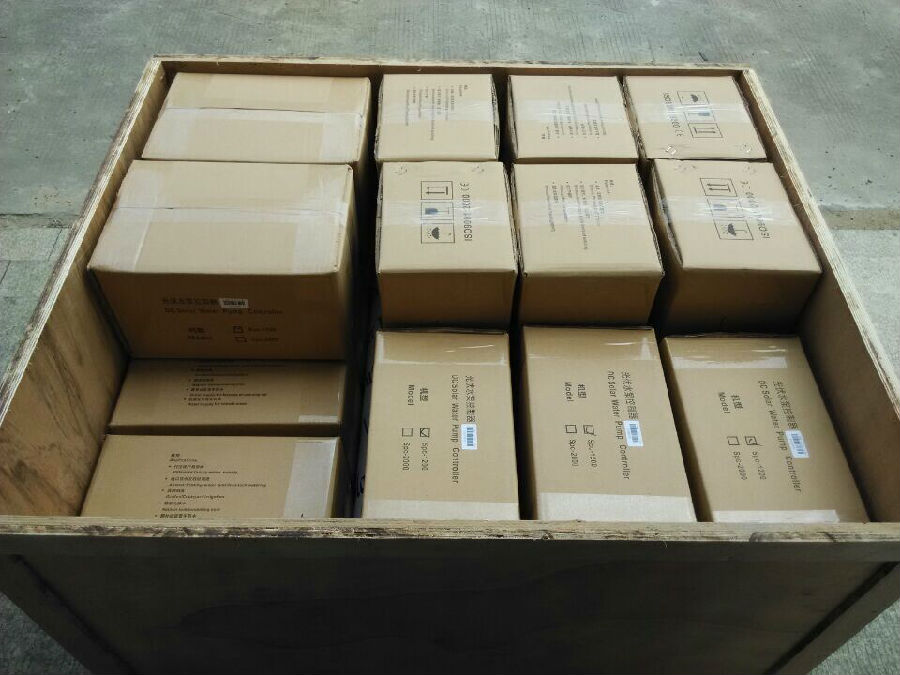
- Q: Can solar pumps be used for water supply in agricultural fields or farms?
- Yes, solar pumps can be used for water supply in agricultural fields or farms. These pumps utilize solar energy to power their operation, making them an environmentally friendly and cost-effective solution for pumping water in remote locations. They can help farmers irrigate their crops, provide water for livestock, and contribute to sustainable farming practices.
- Q: Can solar pumps be used for livestock watering?
- Yes, solar pumps can be used for livestock watering. Solar-powered pumps offer a sustainable and efficient solution for providing water to livestock in remote areas or off-grid locations. These pumps utilize solar energy to power the pumping mechanism, eliminating the need for electricity or fuel. They are cost-effective, environmentally friendly, and can provide a reliable water source for livestock, ensuring their hydration and overall well-being.
- Q: How does a solar pump handle water with high levels of ammonia or other pollutants?
- A solar pump is typically not designed to handle water with high levels of ammonia or other pollutants. These pumps are primarily used for clean water applications and may not be equipped with the necessary filtration or treatment systems to handle contaminated water effectively. In such cases, alternative water treatment solutions or pump systems specifically designed for polluted water would be more suitable.
- Q: How does a solar pump help in promoting sustainable agriculture?
- A solar pump helps in promoting sustainable agriculture by providing a reliable and renewable source of water for irrigation. It eliminates the need for costly and polluting diesel or electric pumps, reducing greenhouse gas emissions and dependence on fossil fuels. Additionally, solar pumps are low maintenance, affordable, and can be easily installed in remote areas, enabling farmers to efficiently water their crops and improve agricultural productivity while preserving the environment.
- Q: How does the water level affect the performance of a solar pump?
- The performance of a solar pump is heavily influenced by the water level. The depth of the water source from which the pump draws water directly affects how well it operates. If the water level is too low, indicating that the water source has dried up or is greatly depleted, the solar pump will struggle to effectively draw water. As a result, its performance will decline. It may have difficulty lifting the water to the required height or, in severe cases, be unable to pump any water at all. Consequently, the pump's flow rate and pressure will decrease, negatively impacting its ability to efficiently deliver water. Conversely, if the water level is sufficient and falls within the pump's rated capacity, the solar pump will perform optimally. It will draw water efficiently, maintain a consistent flow rate, and deliver water at the desired pressure. This ensures that the pump operates efficiently and meets the necessary demand for water. It is essential to note that continuously operating a solar pump at its maximum depth limit can also affect its performance. Drawing water from a deeper source necessitates the pump working harder, which can result in increased wear and tear, reduced lifespan, and potentially higher maintenance and operational costs. To summarize, the water level has a direct impact on the performance of a solar pump. Maintaining an adequate water level guarantees optimal performance, while low water levels can significantly hinder the pump's ability to deliver water effectively. Proper monitoring and management of water levels are critical for ensuring the efficient operation of a solar pump.
- Q: Can a solar pump be used for rainwater harvesting?
- Yes, a solar pump can indeed be used for rainwater harvesting. Solar pumps are energy-efficient and can be powered by solar panels, eliminating the need for electricity. They can be used to collect rainwater from rooftops or other surfaces and transfer it to storage tanks, aiding in rainwater harvesting efforts.
- Q: What is the maximum depth a solar pump can draw water from?
- The maximum depth a solar pump can draw water from depends on various factors such as the power of the solar panel, pump efficiency, and the type of pump being used. However, on average, solar pumps can draw water from depths ranging between 100 to 500 feet, with some specialized models capable of reaching even greater depths.
- Q: How does the distance between the solar panel and the pump affect the performance of a solar pump?
- The distance between the solar panel and the pump can have an impact on the performance of a solar pump. The longer the distance, the more energy loss can occur due to resistance in the cables and wiring. This can result in decreased efficiency and lower water pumping capacity. Therefore, it is important to minimize the distance between the solar panel and the pump to ensure optimal performance.
- Q: Can a solar pump be used in conjunction with a water storage reservoir?
- Indeed, a water storage reservoir can be effectively paired with a solar pump. These pumps are specifically designed to operate solely on solar power, granting them the ability to function independently from the electrical grid. Harnessing energy from solar panels, they convert sunlight into electricity, which effectively powers the pump and facilitates the movement of water from one area to another. When it comes to a water storage reservoir, the solar pump can be employed to fill the reservoir during daylight hours when the sun's rays are abundant. Consequently, the accumulated water can be utilized as needed, even in the absence of sunlight. This arrangement offers a sustainable and highly efficient method of storing and distributing water by harnessing the power of renewable energy.
- Q: Are there any special requirements for installing a solar pump on a rooftop?
- Installing a solar pump on a rooftop comes with specific requirements. Firstly, the rooftop must have an adequate area that receives ample sunlight throughout the day. This is crucial as the solar panels need sufficient exposure to sunlight to generate the necessary power for the pump. In addition, the rooftop should be structurally capable of supporting the weight of the solar panels and the pump system. It is advisable to consult a structural engineer to confirm the roof's ability to handle the load. Moreover, the rooftop should be free from any shading obstacles such as tall buildings, trees, or other structures that may cast shadows on the solar panels. Shading can greatly reduce the efficiency of the panels and lead to insufficient power generation. Regarding electrical requirements, the rooftop should have a suitable electrical connection for linking the solar panels to the pump system. An electrician may be needed to install the necessary wiring and ensure proper grounding for safety purposes. Lastly, it is vital to adhere to local regulations and obtain any necessary permits or approvals before proceeding with the installation. These requirements may vary depending on the location and jurisdiction, so it is important to verify with the relevant authorities or seek guidance from a professional solar installer to ensure compliance. In conclusion, installing a solar pump on a rooftop necessitates careful consideration of the rooftop's suitability, structural strength, shading obstacles, electrical connections, and compliance with local regulations. Seeking advice from professionals and experts in the field will help guarantee a successful and efficient installation.
Send your message to us
5 Hp Solar Borehole Water Pump
- Loading Port:
- Shanghai
- Payment Terms:
- TT OR LC
- Min Order Qty:
- -
- Supply Capability:
- 300 set/month
OKorder Service Pledge
Quality Product, Order Online Tracking, Timely Delivery
OKorder Financial Service
Credit Rating, Credit Services, Credit Purchasing
Similar products
Hot products
Hot Searches
Related keywords

